Birmingham's Ballot Battle over Marijuana
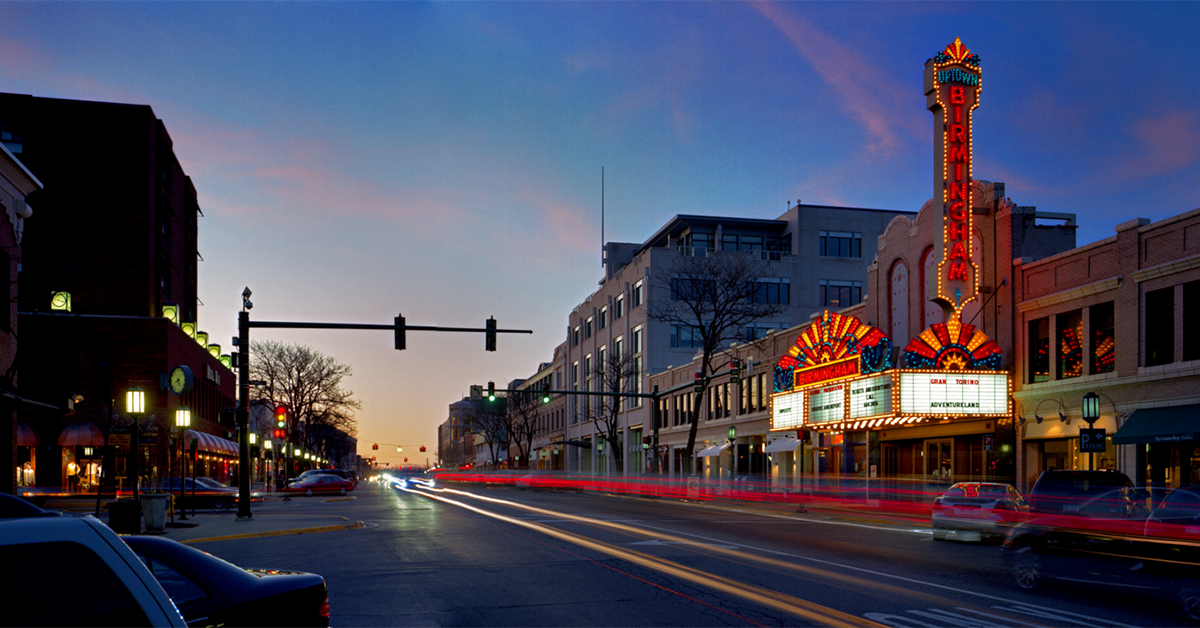
This November, the residents of Birmingham have an important decision to make. They will cast their votes on an amendment proposal that could reshape the city's stance on marijuana regulations.
Back in 2018, the Michigan Regulation and Taxation of Marihuana Act (MRTMA) was enacted, legalizing the recreational use of marijuana for those aged 21 and above. However, the Birmingham City Commission made a conscious choice to exclude marijuana establishments within their city limits.
Nevertheless, the MRTMA grants citizens the power to instigate an ordinance permitting marijuana establishments. This can be achieved by launching a petition. If an external organization were to set this in motion, they would essentially dictate the terms, regulations, and qualifications of the ordinance. In simpler terms, a business keen on selling marijuana in Birmingham could gather signatures, pushing their proposal onto the ballot.
Mary Kucharek, City Attorney for the City of Birmingham, commented, "For the sake of our city, the responsibility of determining our community's future should lie with the city government and its residents."
In light of these potential external influences, the city has chosen to be a part of the ballot initiative. Mayor Therese Longe pointed out that nearby communities have been subjected to ballot language imposed on them by external entities. Some of these petitions have even been accused of misleading voters. She emphasized the city's proactive approach, stating, "We need to be ahead of the curve, allowing Birmingham residents to have their say."
The official ballot will pose the question: "Should the Birmingham City Code ordinance, which currently bans marijuana sales, be revised to permit one medical marijuana facility and one recreational marijuana establishment in Birmingham?"
Come November 7th, residents will mark their choice. If the proposal is rejected, the door remains open for external parties to propose a ballot. Mayor Longe, however, hopes a 'no' vote will convey to these groups that Birmingham's residents aren't in favor. On the other hand, a 'yes' vote would grant the city the authority to determine the number of facilities and oversee the entire procedure.
Mayor Longe elaborated on the implications of external entities drafting their ballot language. "If it's our ordinance, we've designed it to prioritize Birmingham residents' safety, offer the city maximum legal control, and set our criteria for awarding licenses."
Three potential zones have been identified for the proposed medical and recreational marijuana facilities. These are the southeast corner of Maple and Cranbrook, the Triangle District, and a segment of the Rail District. The MRTMA mandates that these facilities maintain a specific distance from educational institutions and religious establishments. In line with the city's drafted ordinance, these facilities would only be permitted in existing retail zones.
Mayor Longe clarified, "The identified areas adhere to the stipulation of being retail zones but also ensure they aren't within 1,000 feet of a school or religious building."
While the city doesn't have the authority to initiate a complete marijuana sales ban, an external group can launch a petition to that effect.
Kucharek reinforced the city's commitment to its residents, stating, "Our primary goal is to let the community voice their preferences rather than letting only the Birmingham City Commission or external entities decide."
For those interested in delving deeper:
-
To view the amendment's proposed changes, head to: https://bhamgov.org/proposedchanges
-
For a detailed map of potential facility locations, visit: https://bhamgov.org/mhmap
Share this article:
Spotted a typo, grammatical error, or a factual inaccuracy? Let us know - we're committed to correcting errors swiftly and accurately!

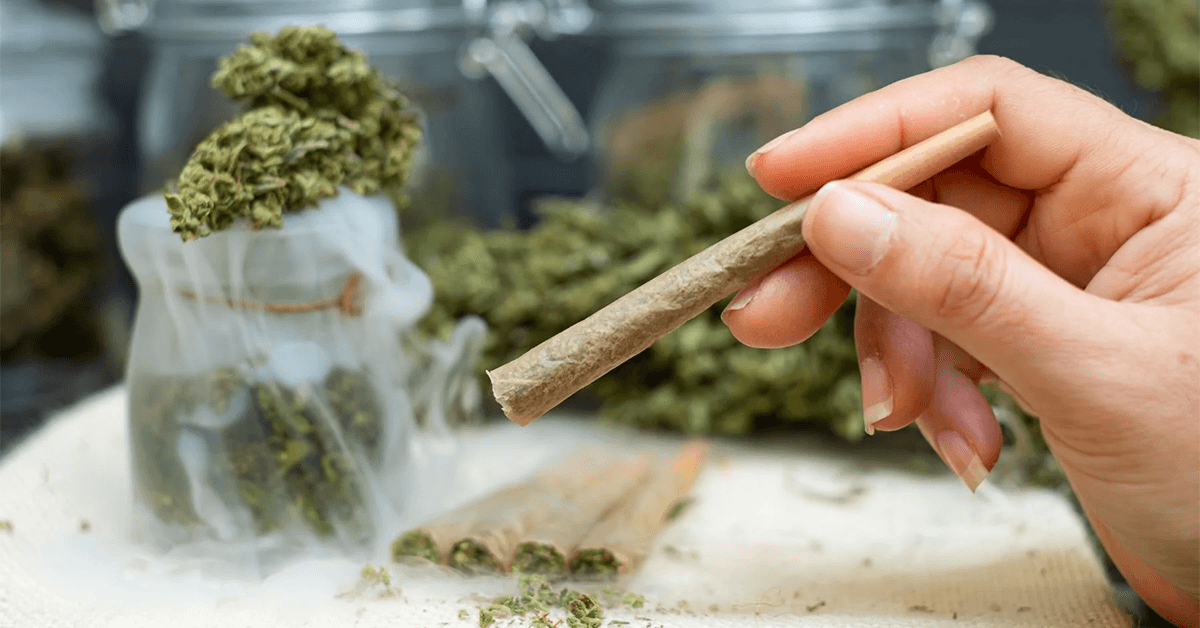
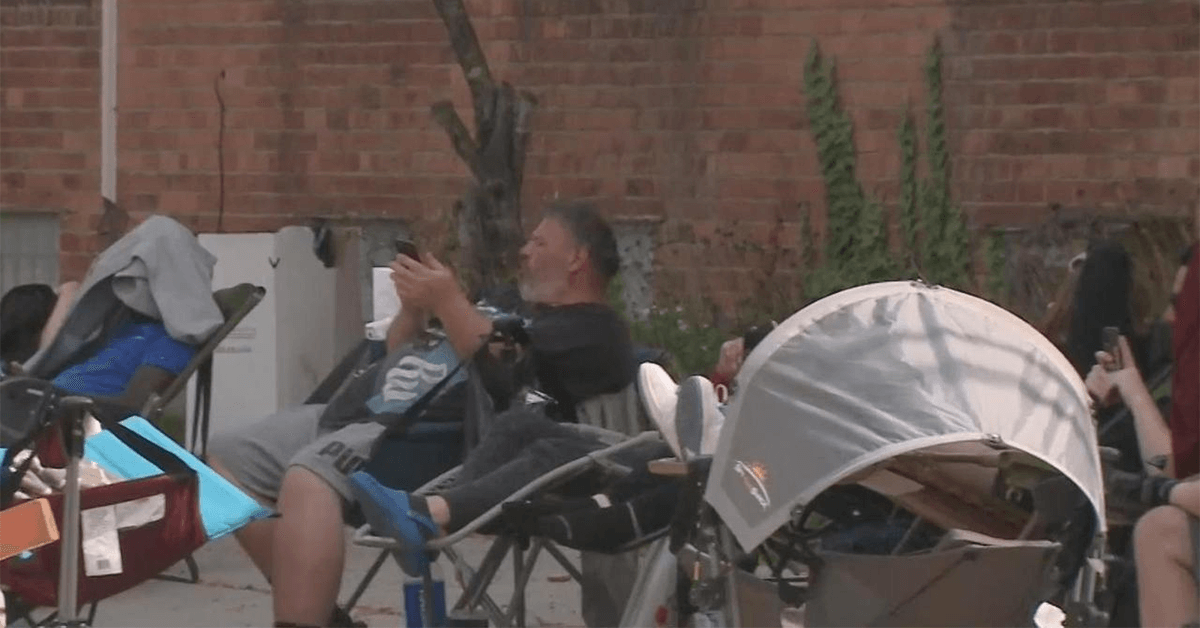
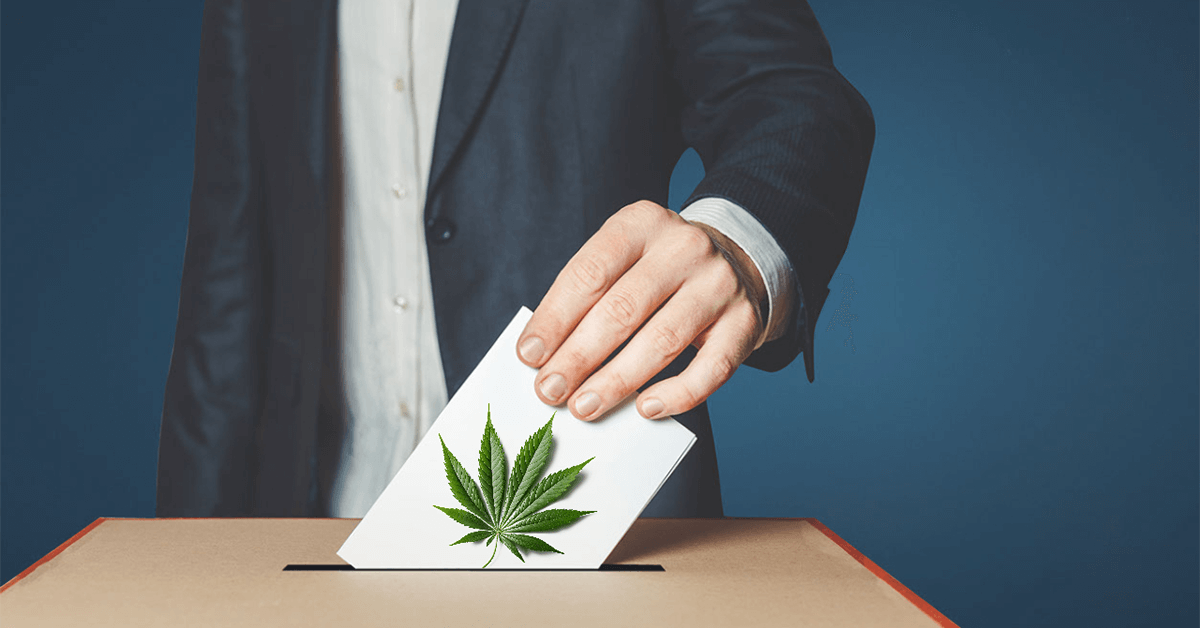

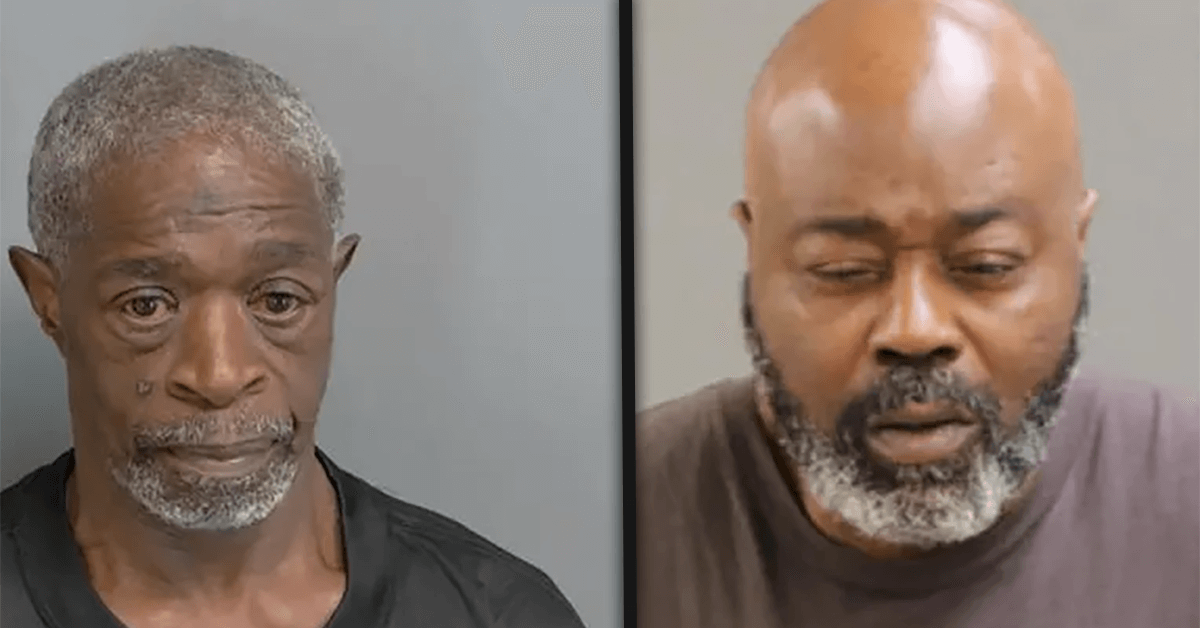


 Helpful Links
Helpful Links